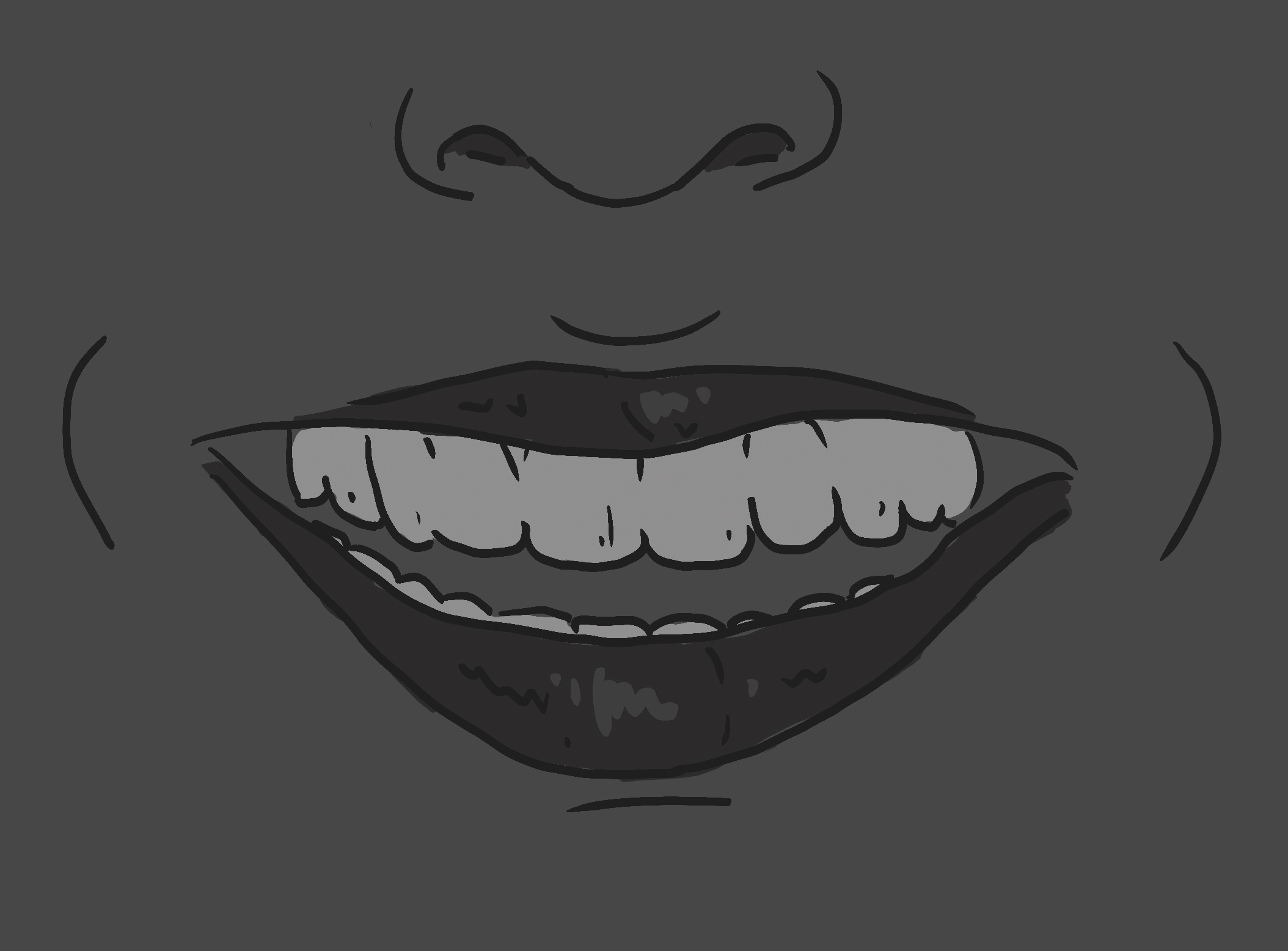Will a smile dispel Islamophobia?
February 21, 2025
 This
piece represents the opinion of the author
.
This
piece represents the opinion of the author
.
 Mia Lasic-Ellis
Mia Lasic-EllisBeing a hijabi, I am perceived as a representative of Muslims and Islam. Often people will scrutinize my actions to see if they align with what they believe Islam is. These statements often are said to me as a joke, but they always showcase the ideas people have about what I can or can’t do as a Muslim woman. Over the summer, I high-fived someone, and I had a male intern jokingly scold me, saying it’s haram and that I cannot touch a man. I laughed awkwardly, but I couldn’t help but wonder if he holds Orientalist views about Muslim women being oppressed by Islam. These moments often catch me off-guard, because they shock me back into the realization that people perceive me as a representative of Islam and its over 2 billion followers. These moments force me to engage with other people’s perspectives on my identity in a way that I often find harmful, since it’s often people just expressing their Islamophobic views. Being a Black Muslim, I feel this way in both identities, and it has never got easier.
Growing up in a post-9/11 world, I have tried my hardest to protect how I view Islam and Muslims from how Western media and society depict and treat us. During my adolescence, I remember feeling like people and the media were trying to poison how I viewed Islam and scare me from identifying as a Muslim. Thankfully, I have always lived in areas with a Muslim community that has helped shield me. The worst part is how I feel after any major event that may or does incite more Islamophobia. In response, I often feel like I need to work towards improving people’s perceptions of Muslims. In public, this manifests as me trying to be as nice as possible to people. I hope and pray that a good human interaction with a visibly Muslim woman will help dispel some negative perceptions. This helps me showcase my pride as a Muslim, but most importantly, it helps ensure that I don’t cower in fear when faced by those who wish I would just disappear.
However, interacting with people with these intentions is unbelievably exhausting. Firstly, it’s so hard to walk around thinking people hate or fear you because of your religion—it makes me scrutinize people’s looks and interactions with me in an almost obsessive manner. I don’t want to think that if people are looking at me with a fearful look, it’s because they fear Muslims. I don’t want to wonder if people are associating me with terrorism or that if someone is being rude to me, it’s because I wear a hijab. I want to give people the benefit of the doubt. However, being implicitly and explicitly told that my identities are to be feared and hated for so long, how do I stop thinking that others perceive me that way? Especially when Islamophobia and anti-Black racism is being amplified in our media and in the White House.
I am sad to say the recent hateful reaction to the encampment on Yik Yak has compelled me to write this. This reaction was a stark difference from the encampment’s cultivation of community care and support where I felt belonging while knowing that we were collectively working towards a just cause. But it’s awful seeing Yik Yak posts associating the fight for Palestine only with Muslims or other posts that signal Islamophobia to me, such as those that portray an entire nation as homophobic because of its Muslim majority in order to argue that LGBTQ+ people and allies should not care about the oppression that the Palestinians face. It’s awful to know that my fellow classmates—who feel emboldened because of the app’s anonymity—hold these deeply problematic perspectives but will likely smile in my face on campus as if they don’t.
Regardless, I continue to smile and greet people with the hope that our positive interaction will dispel any negative perceptions about Muslims. I hope that it might lead them to question rhetoric that depicts all Muslims in a certain way. Sadly, as I am doing this, I know that my efforts are futile. I know that for Islamophobes, my interaction will never be enough to dispel the hate and fear embedded in their hearts. I know that my actions won’t be as powerful as the years of anti-Muslim propaganda spewed to fuel public wars on “terrorists.” Yet, I still try to show people kindness with these intentions, hoping that one day they will extend the humanity I have shown them to all my people.
Despite 16 months of genocide and accelerated oppression, it is Palestinians who continue to smile, hoping to appeal to the humanity of those who deny them it. Sadly, their smiles do not stop the bomb shipments, their smiles do not rebuild their homes and their efforts to humanize themselves continue to be ignored. To some, their religion and ethnicity unfortunately denies them of receiving their empathy. Just like those in Gaza, the West Bank and the entire Global South, I will continue to smile in hopes that my joy, whether real or performative, will dispel the hatred in this world.
Uma Mohamed is a Member of the Class of 2025.

Comments
Before submitting a comment, please review our comment policy. Some key points from the policy: